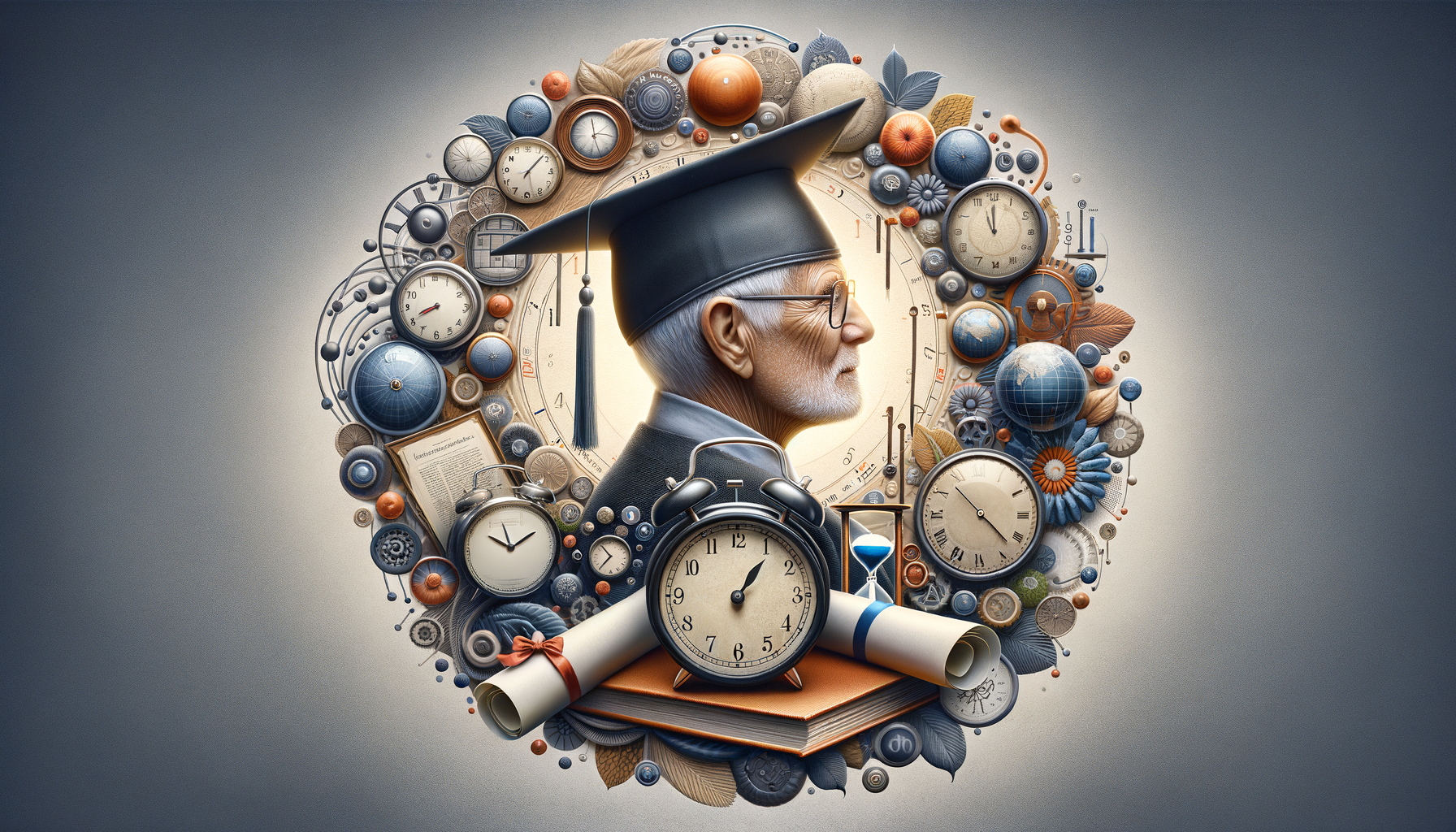Introduction: The Relevance of Pursuing a PhD for Seniors
In today’s rapidly evolving world, the pursuit of knowledge knows no age limits. For seniors, embarking on the journey to earn a PhD can be a profoundly rewarding experience. This endeavor not only offers personal fulfillment but also contributes to society by harnessing the wisdom and experience of older adults. As people live longer and healthier lives, the opportunity to engage in lifelong learning becomes increasingly important. A PhD program can provide seniors with the platform to delve into subjects they are passionate about, while also allowing them to contribute to academic and professional fields in meaningful ways.
Benefits of a PhD for Seniors
There are numerous benefits for seniors considering a PhD program. Firstly, it offers intellectual stimulation, which can enhance cognitive function and mental agility. Engaging with complex ideas and research methodologies keeps the mind active and sharp. Secondly, pursuing a PhD can provide a sense of purpose and accomplishment. Many seniors find that setting and achieving academic goals boosts their confidence and self-esteem.
Additionally, a PhD program can open doors to new social networks. Seniors can connect with fellow students and faculty members, fostering a sense of community and belonging. These interactions can lead to collaborative projects and lifelong friendships. Lastly, a PhD allows seniors to leave a legacy. By contributing original research and insights to their chosen field, they can make a lasting impact that benefits future generations.
Challenges and Considerations
While the benefits are substantial, seniors should also consider the challenges of pursuing a PhD. The demands of rigorous academic work can be taxing, both mentally and physically. Time management becomes crucial, as seniors may need to balance their studies with other responsibilities or health considerations. Financial aspects are also important to consider, as funding for senior PhD students may be limited.
It’s essential for seniors to choose a program and a research topic that genuinely interests them, ensuring that their passion fuels their perseverance. Support from family, friends, and academic advisors can also play a crucial role in navigating these challenges. Additionally, many institutions offer resources and support systems specifically designed to assist older students in their academic journey.
Fields of Study and Opportunities
Seniors have a wide array of fields to choose from when considering a PhD. Popular areas include social sciences, humanities, education, and health sciences. Each field offers unique opportunities to apply life experiences and insights. For example, a senior with a background in healthcare might pursue research in gerontology, contributing valuable perspectives on aging and healthcare systems.
Moreover, interdisciplinary studies are becoming increasingly popular, allowing seniors to draw upon diverse knowledge areas to address complex societal issues. This flexibility enables seniors to tailor their academic pursuits to their interests and experiences, increasing the potential for innovative research contributions.
Conclusion: Embracing Lifelong Learning
For seniors, pursuing a PhD is not just an academic endeavor; it’s a journey of self-discovery and contribution. It exemplifies the spirit of lifelong learning and showcases the valuable contributions that older adults can make to academia and society. By overcoming challenges and embracing opportunities, seniors can enrich their lives and the lives of others through their research and insights. As the world continues to change, the wisdom and experience of seniors remain an invaluable resource, and their pursuit of a PhD is a testament to the enduring desire to learn and grow.








